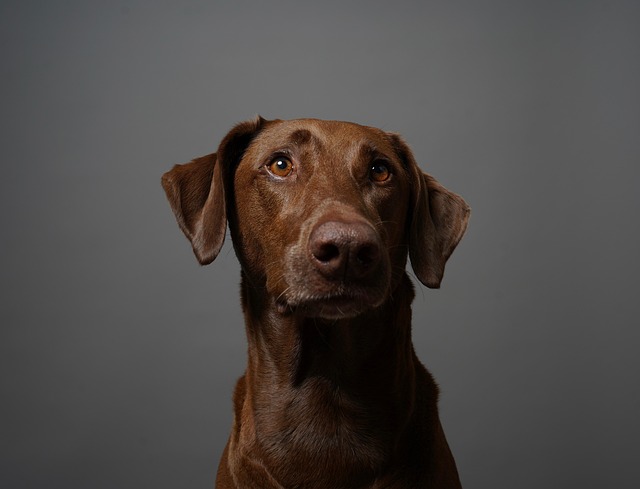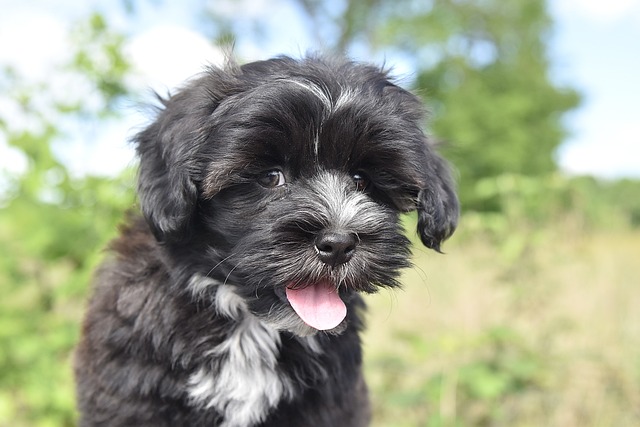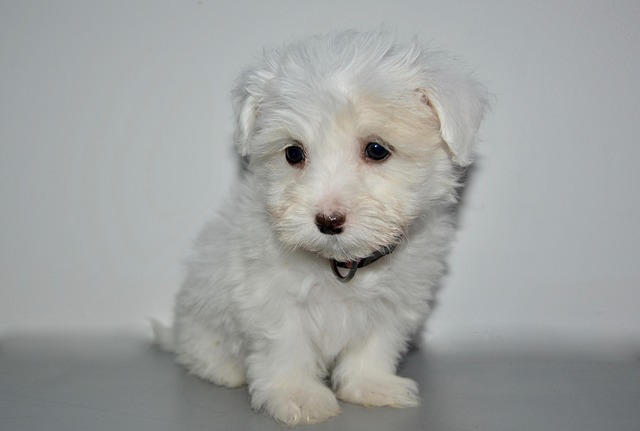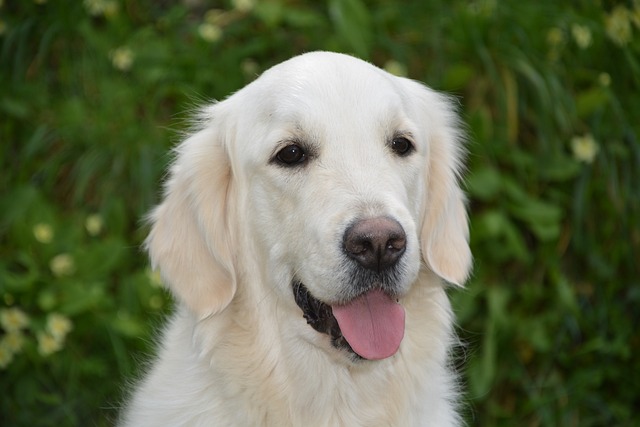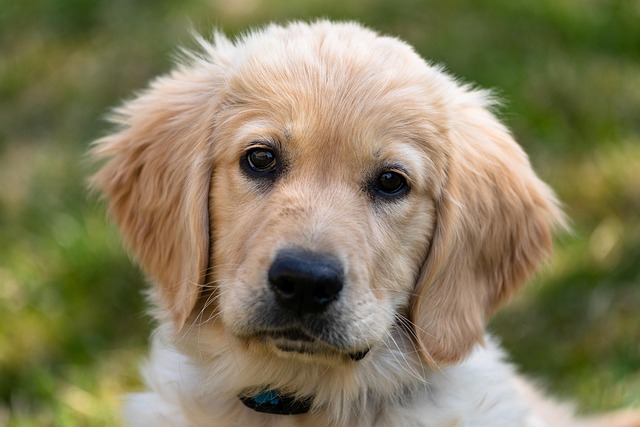Tiny paws scurrying across the rug, a nervous whimper, then a small accident—this is the reality of bringing home a teacup dog. Their diminutive size means shorter bladder control, making consistency non-negotiable from day one. Start by mapping their schedule: after naps, meals, and playtime, scoop them up and head to their designated spot—whether that’s a puppy pad in the corner or a patch of grass outside.
Timing is everything with these little breeds. A teacup Chihuahua or Yorkie might need a trip out every 30 minutes to an hour, especially when young. Keep a log of their habits for the first week; you’ll start noticing patterns, like a bathroom break 15 minutes after finishing breakfast. Reward success instantly with a tiny treat—think a single kibble or a soft "good job"—since their attention spans are as small as their bodies.
Crate training works wonders, but size matters. A crate that’s too big will let them potty in one corner and sleep in another, defeating the purpose. Choose one just large enough for them to stand and turn around—this taps into their instinct to keep their den clean. Leave the door open when you’re home, so it never feels like punishment; in some cities, using crates improperly can draw scrutiny under animal welfare guidelines.
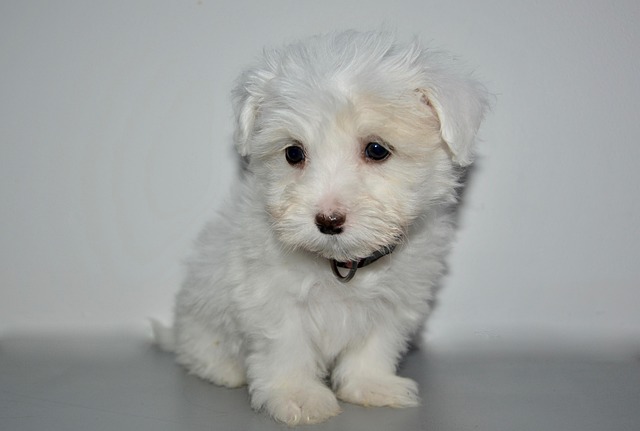 Accidents will happen, but scolding does more harm than good. A teacup’s sensitive nature shuts down learning when they’re scared. Instead, calmly clean the mess with an enzymatic cleaner to erase odors—lingering smells invite repeat mistakes. In shared apartments across Europe, maintaining a clean space isn’t just polite; it’s often part of lease agreements that mention pet-related hygiene.
Accidents will happen, but scolding does more harm than good. A teacup’s sensitive nature shuts down learning when they’re scared. Instead, calmly clean the mess with an enzymatic cleaner to erase odors—lingering smells invite repeat mistakes. In shared apartments across Europe, maintaining a clean space isn’t just polite; it’s often part of lease agreements that mention pet-related hygiene.
Take advantage of their food-driven personalities. After each successful potty trip, pair that treat with enthusiastic praise. Over time, they’ll associate the act with positive feelings. Just be mindful of portion sizes—teacups are prone to obesity, so those rewards need to stay tiny. Some regions even have regulations about pet treat ingredients, so stick to vet-recommended brands.
Outdoor training requires extra care. Their small stature makes them vulnerable to cold, heat, or predators, so supervise closely. In many urban areas, failing to clean up after your dog can result in fines, even for tiny breeds. Keep biodegradable bags handy, and make it a habit—consistency in both training and compliance builds trust.
Patience is your greatest tool. A teacup might take 4-6 months to fully train, longer than larger breeds. Celebrate small wins: a morning without accidents, a purposeful walk to their pad. Remember, these little dogs thrive on routine and love—get those right, and the rest falls into place. Plus, staying on top of local pet laws ensures your tiny companion stays happy, healthy, and welcome wherever you go.

 Accidents will happen, but scolding does more harm than good. A teacup’s sensitive nature shuts down learning when they’re scared. Instead, calmly clean the mess with an enzymatic cleaner to erase odors—lingering smells invite repeat mistakes. In shared apartments across Europe, maintaining a clean space isn’t just polite; it’s often part of lease agreements that mention pet-related hygiene.
Accidents will happen, but scolding does more harm than good. A teacup’s sensitive nature shuts down learning when they’re scared. Instead, calmly clean the mess with an enzymatic cleaner to erase odors—lingering smells invite repeat mistakes. In shared apartments across Europe, maintaining a clean space isn’t just polite; it’s often part of lease agreements that mention pet-related hygiene.